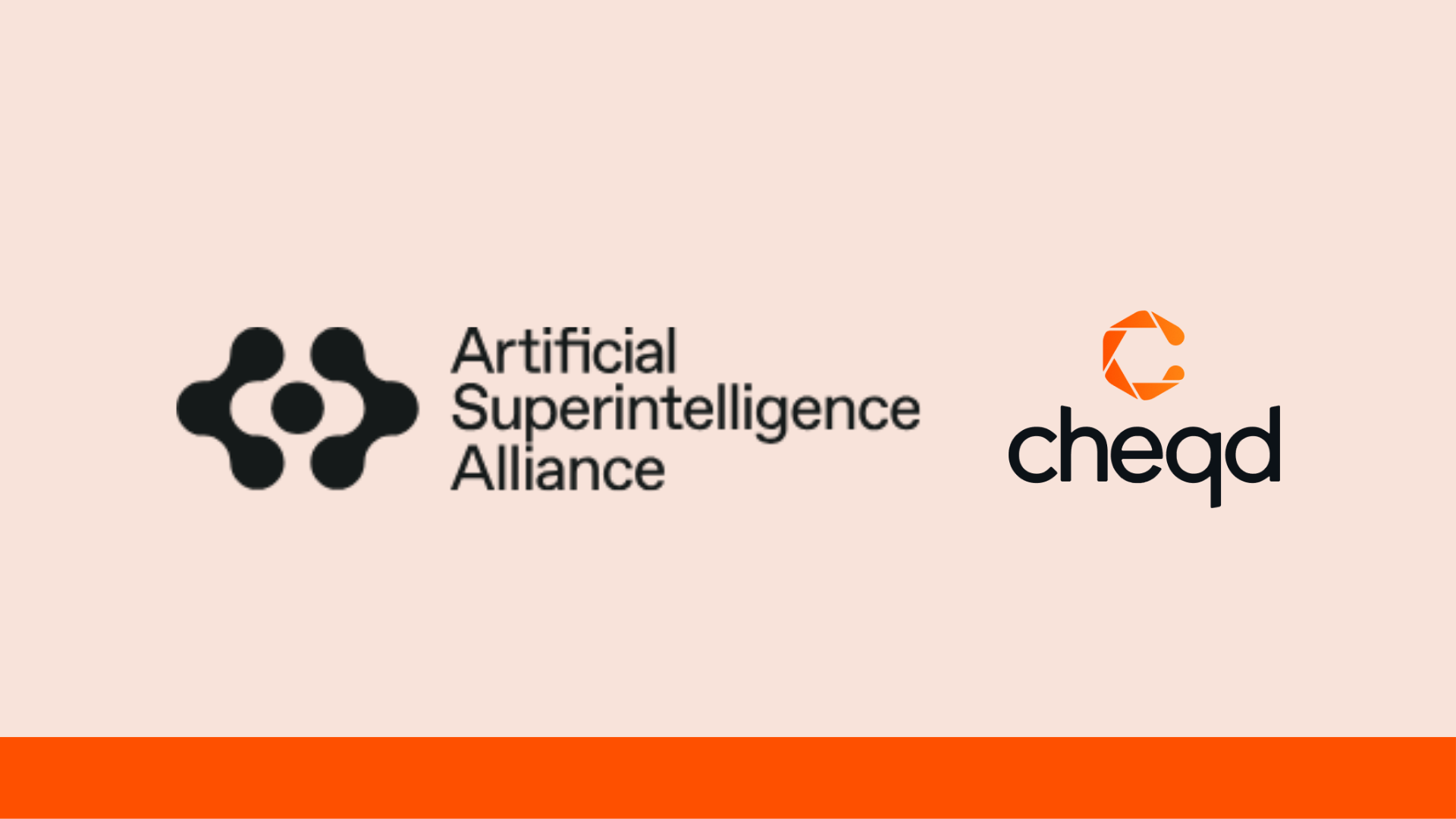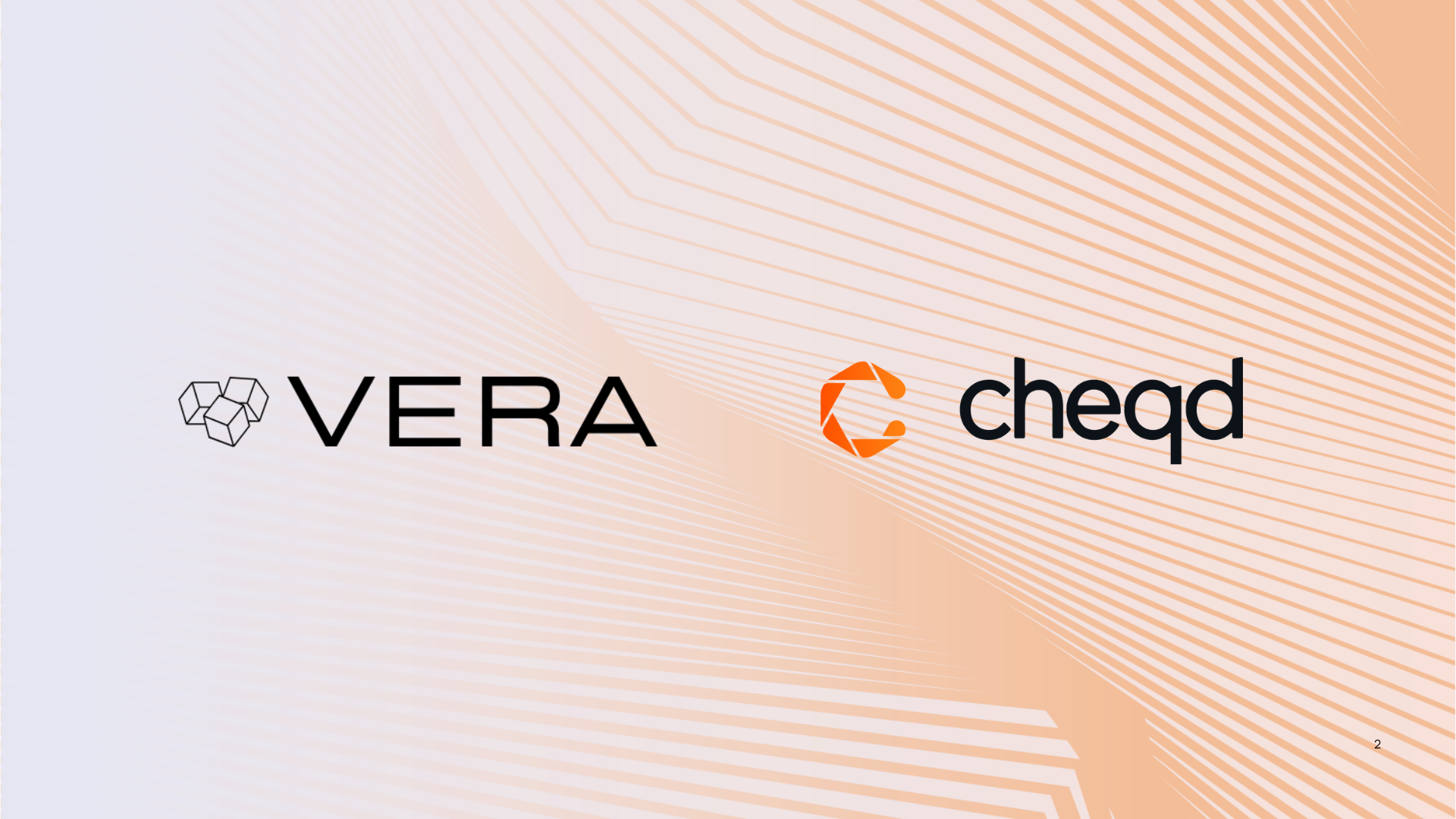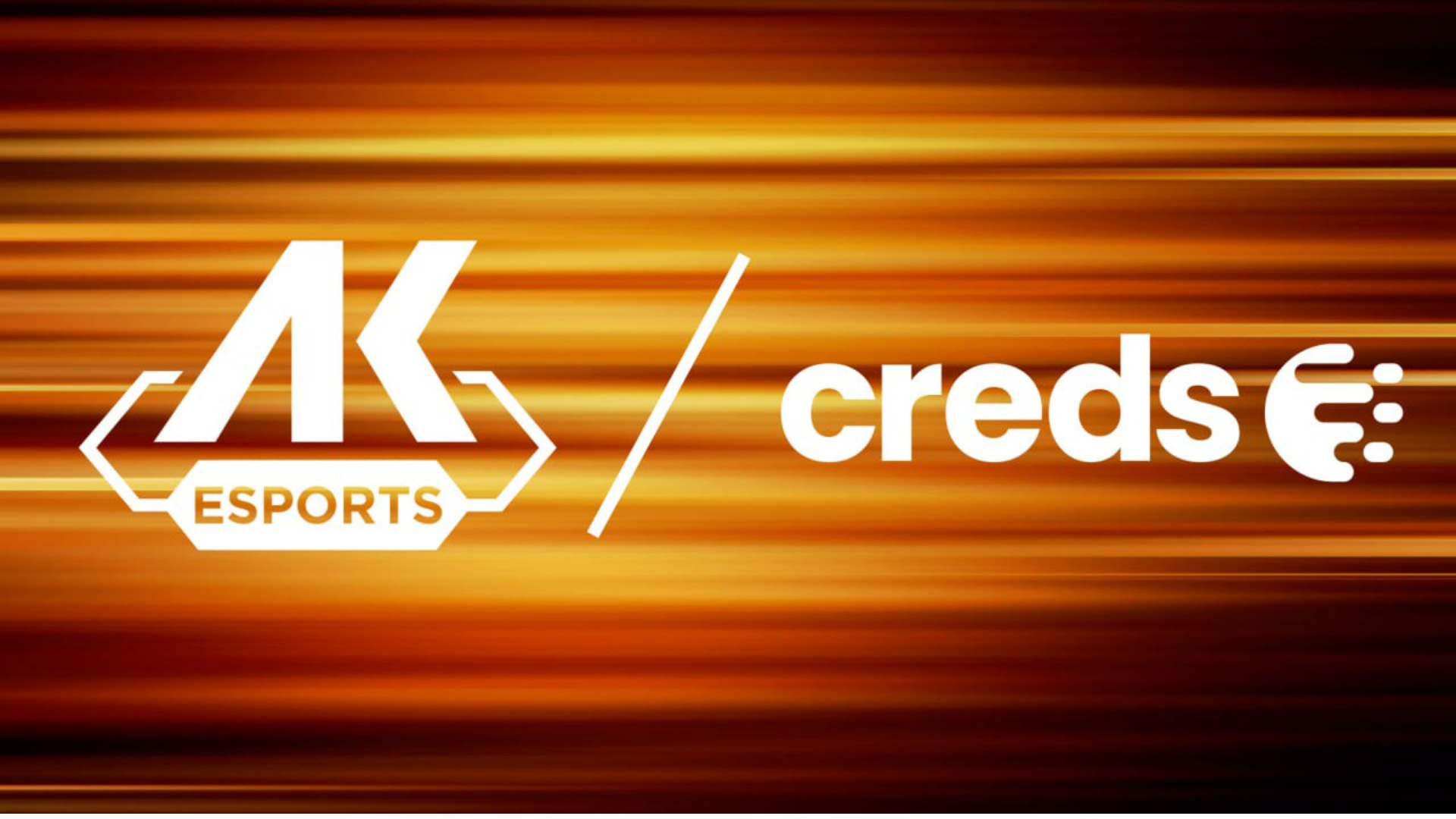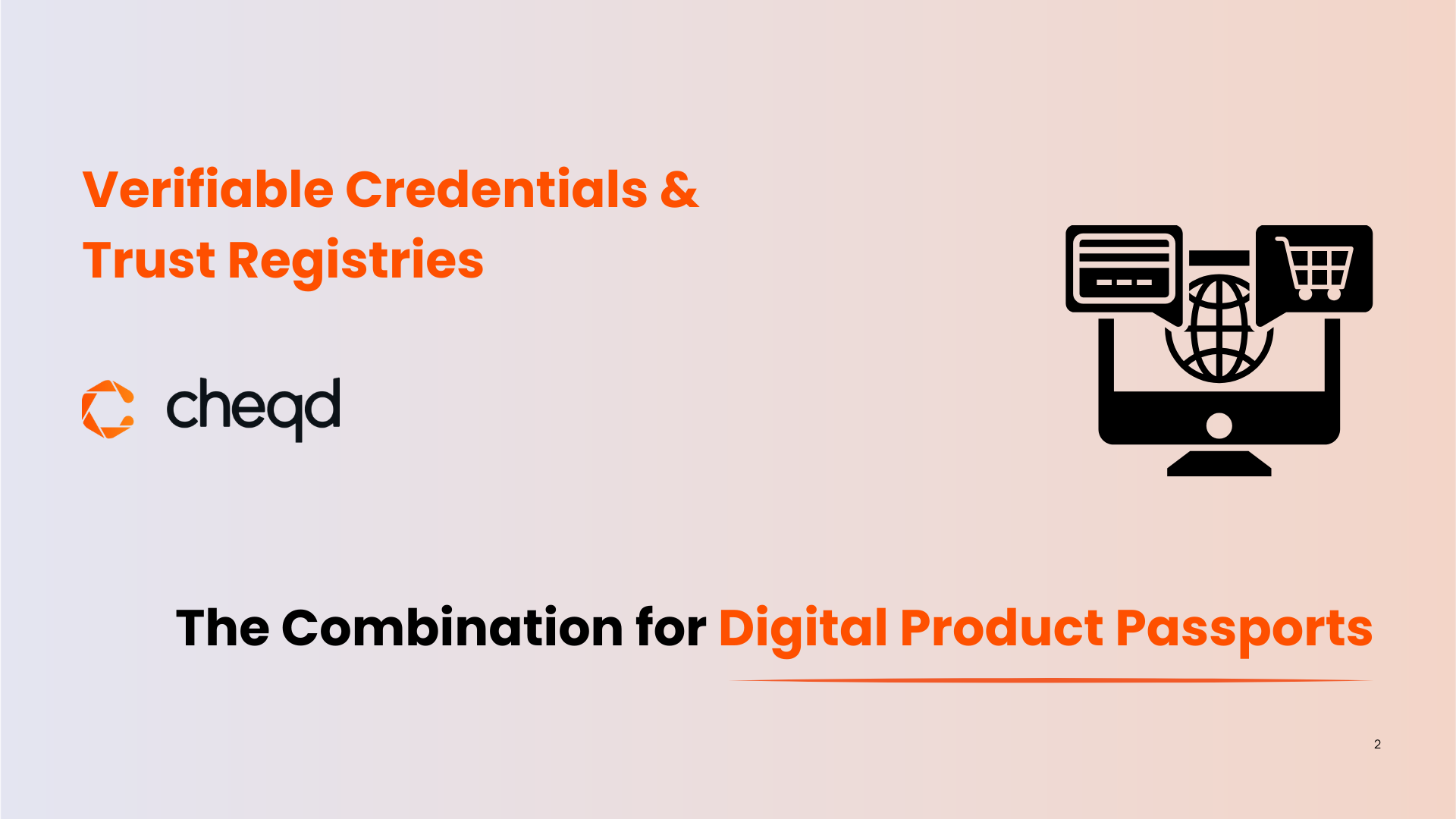
Artificial Superintelligence Alliance (ASI) to adopt cheqd’s Trust infrastructure to bring trust to AI Agents Ecosystems
We are excited to announce that cheqd is partnering with the Artificial Superintelligence Alliance (ASI), a collaboration between Fetch.ai, SingularityNET, Ocean Protocol, and CUDOS, to





